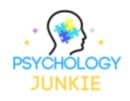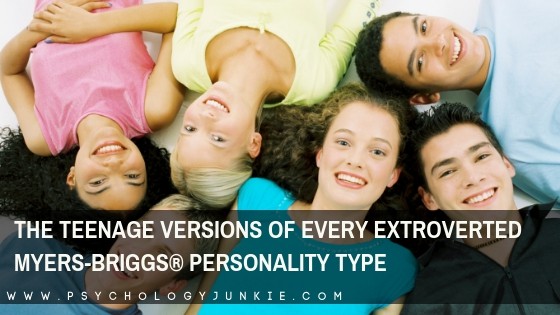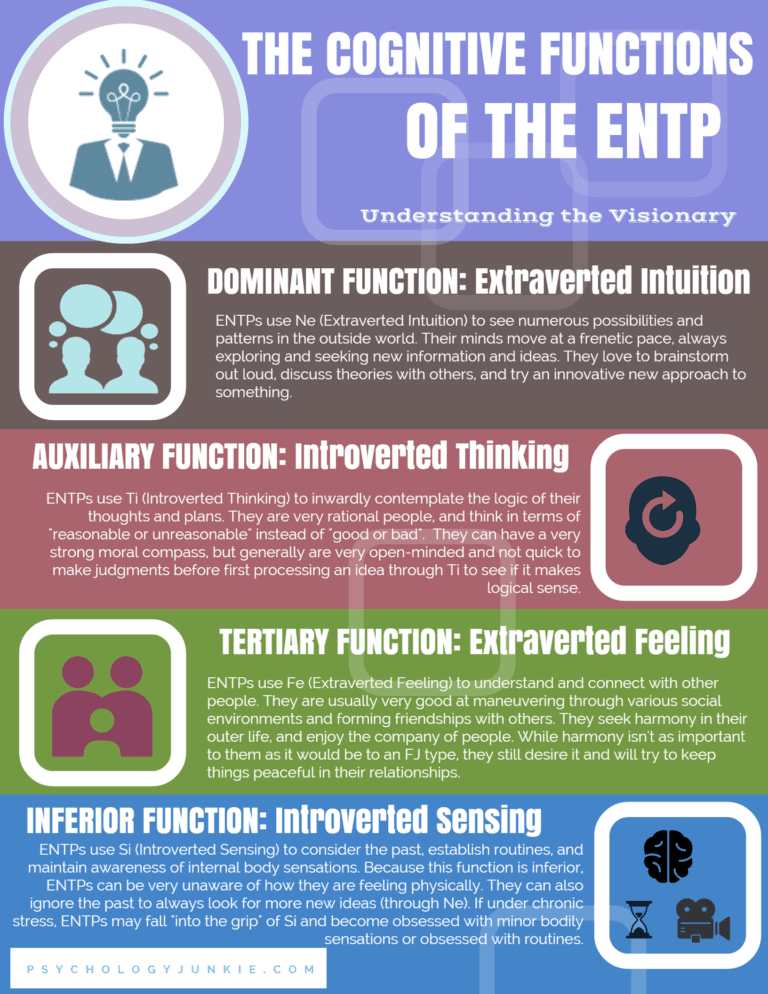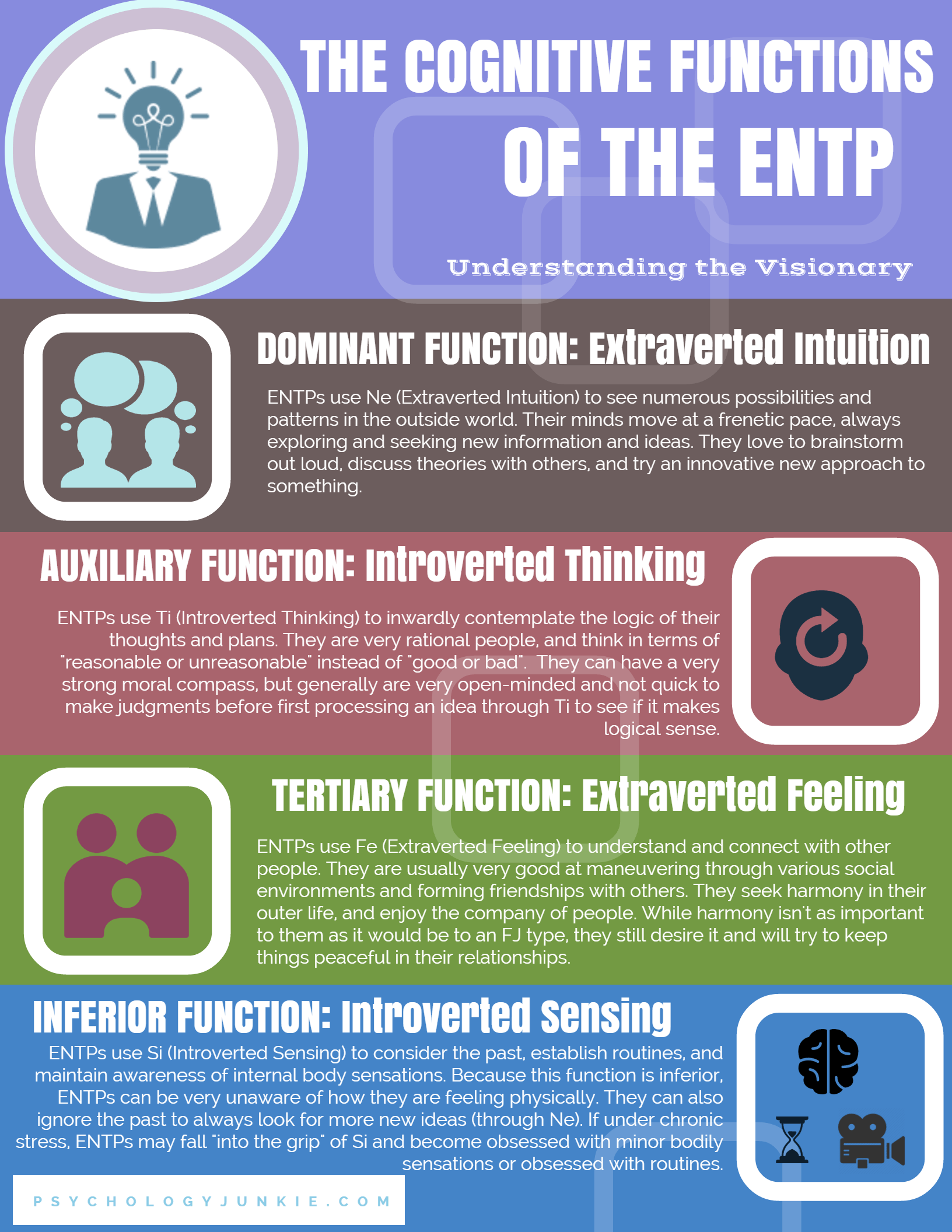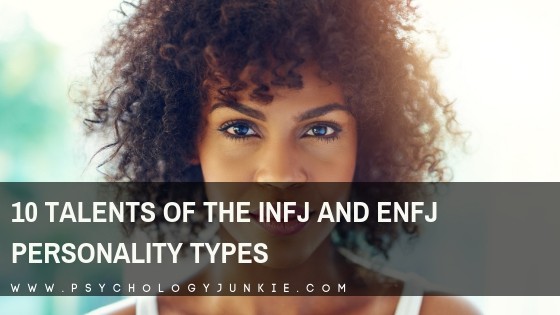The Myers-Briggs ® Personality types of the Severance Characters
What happens when you take a group of people, wipe their memories, and throw them into an eerie corporate dystopia with no way out? You get Severance—Apple TV’s psychological thriller that somehow manages to be both unsettling and darkly hilarious. At the heart of this unsettling world are the severed employees of Lumon Industries, each grappling with their own fractured identity, hidden motivations, and an oppressive system that turns human lives into corporate assets. But beyond the mystery and intrigue, Severance also gives us a fascinating case study in personality types. From Mark’s quiet existential crisis to Helly’s explosive rebellion, each character embodies a distinct psychological blueprint, shaped by both their innate tendencies and the bizarre constraints of their environment. So, let’s dive into the MBTI® profiles of Lumon’s most fascinating (and deeply traumatized) employees, and explore what makes them tick—even when they have no idea who they really are.
Not sure what your personality type is? Take our new personality questionnaire!

Table of contents
Estimated reading time: 19 minutes
The Myers-Briggs ® Personality types of the Severance Characters
Mark Scout – ISFJ

“Because we’re people, not parts of people. Even with what little they gave us, these are our lives. No one gets to just turn you off.”
Mark Scout is an ISFJ who’s been severed from everything that ever gave him purpose, and it shows. ISFJs are creatures of habit, duty, and quiet emotional depth, and Lumon has reduced him to habit without meaning, duty without context, and emotions that can never be fully understood or processed.
As an ISFJ, he’s an Introverted Sensing dominant type. Introverted Sensing is all about structure, past precedent, and the meaning found in memories and details. We can see that Mark’s dominant Introverted Sensing (Si) clings to structure—he shows up, does the work, follows (most of) the rules. He doesn’t question things outright the way an NT type might because questioning doesn’t get him anywhere—it just leads to more confusion, more pain, more helplessness. Better to just keep his head down and take care of his team the best he can. But here’s the thing: ISFJs aren’t robotic rule-followers. They’re deeply human, deeply emotional, and Mark’s entire story is about what happens when you strip an ISFJ of their emotional anchor.
And that’s where his Fe (Extraverted Feeling)—or lack of it—becomes the real problem. ISFJs are built to care for others, to create warmth, connection, and a sense of belonging. But Mark is stuck in an environment where Fe doesn’t function properly. He has no memories, no outside relationships, no way to form real bonds. He tries to connect with Helly, but it’s awkward at best, disastrous at worst. A high-Fe type like an ENFJ might have immediately read her distress and guided her through it. Mark? He basically just shrugs and tells her she chose to be there. (Not exactly comforting.) It’s not that he doesn’t care—it’s that he doesn’t know how to care in a way that helps. And ISFJs need to be needed. When that part of them is stunted, they either become detached or quietly resentful. Mark wavers between both.
But here’s the thing about ISFJs: when they snap, they snap hard. At first, Mark tries to suppress the cracks in the system. He doesn’t want to know what happened to Petey. He doesn’t want to question Lumon. But the truth doesn’t leave him alone. And once he starts caring, he can’t stop. He starts pushing boundaries, protecting his team, taking risks he never would have taken before. That’s the ISFJ’s true superpower—once they fully commit to something, they will fight for it with an unshakable, stubborn intensity. And by the end of Season 1, Mark isn’t just a guy going through the motions anymore—he’s a guy waking up. He’s starting to remember what it means to have something to protect. And for an ISFJ? That’s everything.
Helly R. – ESTP

“I could not, with a razor to my throat, be less interested in being your family.”
Helly R is an ESTP in full rebellion mode, and honestly, she might be the worst-case scenario for Lumon’s control system. Unlike Mark, who adapts and internalizes the company’s expectations (at least for a while), Helly’s Extraverted Sensing (Se) and Introverted Thinking (Ti) immediately start looking for loopholes, weaknesses, and ways to push back. She doesn’t stop to reflect or process—she acts, throwing herself at the walls of her confinement with pure, unfiltered defiance. The idea that she “chose this” is laughable to her. The idea that she should sit quietly and accept her fate? Even worse.
ESTPs demand autonomy and freedom in life. And if it’s removed, they will lash out impulsively and formidably against any walls constraining them.
From day one, Helly is testing the boundaries, resisting, and trying to outmaneuver the system, whether that means smuggling notes or going full nuclear with an elevator noose stunt. She doesn’t care if it’s extreme—what matters is that it’s effective. If there’s even a 1% chance that brute force will break the system, she’s going to try it.
But what makes Helly fascinating is that she’s not just an ESTP in a cage—she’s an ESTP being actively sabotaged by her outie. And Helena Eagan doesn’t just reject her innie’s autonomy—she actively despises her.
To Helena, Helly R isn’t a person. She’s a stunt, a marketing tool for normalizing severance. It’s a brutal irony that Helly, the most alive, reactive, and instinctive person on the severed floor, is nothing more than a pawn to the one person who could set her free.
This is the ultimate ESTP nightmare—not just being controlled, but being controlled by someone who doesn’t even acknowledge their right to fight back. And yet, Helly keeps fighting. Her Se refuses to submit. She doesn’t just want out—she needs it like oxygen.
Then there’s her emotional style—or lack thereof. ESTPs are not naturally Fe-heavy types (like an ENFJ or ESFJ who might try to smooth things over with warmth and social cohesion). Helly? No patience for that. She’s blunt, aggressive, zero-nonsense. Where Mark tries (awkwardly) to be supportive, Helly has all the softness of a brick to the face. She doesn’t do emotional pep talks—she does action. And yet, as season one progresses, something shifts. Her fight stops being just about escape—it becomes about justice. It’s no longer just “get me out of here”—it’s “this entire system is corrupt, and I need to burn it down.” That’s when her ESTP tactical brilliance really kicks in. She starts strategizing, playing the long game, thinking like an Eagan rather than just reacting like a trapped animal. And by the end? She’s no longer just a defiant employee. She’s a revolutionary in the making.
Irving Bailiff – INFP

“You’re not severed. You walk out of here with your memories. You carry them home with you every night. No one can rip them away from you, snuff them out. Like they never existed. Like you never existed!”
Irving Bailiff is an INFP with a rigid, rule-following exterior that barely contains the ocean of feelings and ideals raging underneath. At first glance, he seems like the ultimate Lumon loyalist—he quotes company policy, knows all nine core Lumon principles by heart, and actually believes in the “mystery and importance” of their work. But that’s the thing about INFPs—they cling to meaning like a lifeline. And when real meaning is absent, they manufacture it.
Irving doesn’t just follow the rules because he likes them—he follows them because it makes the unbearable bearable. His tertiary Si (Introverted Sensing) latches onto structure, rituals, and tradition, while his Fi (Introverted Feeling) is desperately searching for a moral code he can believe in. But there’s a problem: Lumon doesn’t deserve his faith. And deep down, some part of him knows it.
That’s why his hallucinations of black paint seeping through the walls are so chilling—his subconscious is screaming at him that something is wrong. His Ne (Extraverted Intuition), though underdeveloped, is trying to break through, telling him there’s more to this story than what he’s been given. And the moment he meets Burt? The walls start to crack. Burt isn’t a concept—he’s a person. A living, breathing, artistic, warm presence in Irving’s otherwise sterile, doctrine-driven world. Their connection is not about lust or even about rebellion. It’s about recognition. Someone sees him. Someone matters. And suddenly, Lumon’s rules aren’t the law of the universe—they’re just a system designed to control him. That realization doesn’t come in a fiery, Helly-style explosion. It comes in grief, longing, and quiet, stubborn defiance.
Irving is also someone who can read people better than most. When Helena Eagen tries to fake being an innie, he notices right away. INFPs are masters at gauging others’ sincerity levels, and he knew from the start what she was doing and forced her into honesty. In the end, Irving follows his heart even if it means he has to say goodbye to everyone he loves.
Dylan George – INTP

“I’m smart. That’s why I have three times as many finger traps as you guys.”
Dylan George is an INTP who somehow found himself thriving in the worst possible environment for an INTP. He’s analytical, irreverent, and low-key obsessed with collecting meaningless rewards because, let’s be real—what else is he supposed to care about in this soulless corporate hellscape?
Unlike Mark, who clings to structure to survive, and Irving, who deludes himself into believing in the sanctity of Lumon’s mission, Dylan just… accepts the absurdity of it all. He knows their job is meaningless, but instead of trying to find purpose in it, he turns the whole thing into a game. He racks up prizes, hoards finger traps, and sees the perks as the only metric that actually matters. It’s not about believing in the system—it’s about beating it at its own game.
That said, Dylan’s Ti (Introverted Thinking) + Ne (Extraverted Intuition) combo makes him a bit of a wildcard. He questions everything, but only when it’s interesting enough to be worth his time. He doesn’t trust authority—not because he’s an active rebel like Helly, but because it’s just common sense. His way of coping with Lumon’s nonsense is detachment and wit—he breaks tension with sarcasm, makes up Eagan Bingo, and gleefully ridicules the idea that their work is important. But here’s the thing about INTPs: they don’t care about much… until they do. And when Dylan actually does start caring—Lumon realizes they need to go above and beyond to keep him in line.
One second, Dylan is all about waffle parties and competition. The next? He’s holding a door shut with his entire body, keeping Milchick out while his coworkers expose Lumon’s secrets. INTPs might look passive, but when they decide something is real enough to be worth fighting for? They will absolutely wreck everything standing in their way. Dylan never cared about freedom before he had a reason to. Now? He’s ready to throw hands. The guy who started out as the team’s lazy, sarcastic chaos gremlin is suddenly willing to put everything on the line.
Harmony Cobel – ENFJ

“You know, my mother was an atheist. She used to say that there was good news and bad news about hell. The good news is hell is just the product of a morbid human imagination. The bad news is whatever humans can imagine, they can usually create.”
I’m sorry ENFJs, I really am. I hate to give you Harmony, but I can’t find a better option for her. And let’s be honest. She is an extremely unhealthy ENFJ and very dissimilar from most ENFJs you’d meet out in the wild.
Harmony Cobel runs on pure conviction and a terrifying level of emotional intelligence. If there’s one thing ENFJs know how to do, it’s read people, shape narratives, and sell an ideology with unsettling charisma—and Cobel does all three like she was born for it. Her loyalty to Lumon isn’t just professional—it’s religious. She doesn’t just enforce their doctrine; she believes in it. And when ENFJs believe in something, they make it their mission to pull everyone else into their vision, whether they want to be there or not. If Mark is an unwitting pawn in Lumon’s game, Cobel is one of the architects. And she’s damn good at it.
But Cobel isn’t just a corporate cult enforcer—she’s a strategist, a manipulator, a woman who understands that power isn’t just about what you know, but how you shape what other people think. When she inserts herself into Mark’s life as “Mrs. Selvig,” it’s not just surveillance—it’s control. ENFJs know how to push the right buttons, how to guide, how to maneuver people into seeing things the way they want them to. But her Fe (Extraverted Feeling) isn’t warm or nurturing—it’s predatory. She gives just enough softness to lull people into a sense of trust, then reels them in. Mark gets cookies, vague encouragement, and motherly neighbor energy—but none of it’s real. Beneath her warm, empathetic exterior she’s all in on her vision of Lumon and will stop at nothing to achieve her goals.
And when Cobel loses control? She spirals into an unhealthy Ti grip, hard. ENFJs under extreme stress don’t just lose their emotional warmth—they turn hypercritical, cold, and detached. The zeal cracks into resentment. The passion twists into fault-finding and bitter self-justification. When she’s betrayed by Lumon, it’s not just a job loss—it’s existential. She doesn’t just question the company—she questions herself. Was she ever truly valued? Or was she just another pawn, convinced she was running the board? That internal crisis is what makes her dangerous. She’s not just loyal—she’s a believer. And when a believer feels betrayed, they either shatter or burn everything down. With Cobel? The match is already in her hand.
Alexa: ISFJ or INFJ

Alexa is one of the only characters in Severance who seems… emotionally intact. While everyone else is drowning in their own trauma, corporate mind control, or existential despair, she somehow manages to maintain strong boundaries, a clear sense of self, and a genuinely compassionate nature. That alone makes her stand out. But the real question? Is she an ISFJ or an INFJ? Because she’s absolutely an IXFJ, but the exact flavor is up for debate.
If she’s an ISFJ, her warmth and steadiness come from Introverted Sensing (Si) + Extraverted Feeling (Fe). She’s practical, down-to-earth, and deeply in tune with what people need in the moment. She shows up, offers support, but never oversteps. She tries to help Mark, but she also knows when to walk away. That’s classic healthy ISFJ boundary-setting—a strong sense of duty and care, but not at the expense of her own well-being. She also doesn’t seem particularly abstract or future-focused; she’s concerned with the here-and-now, how Mark is doing in the present, and what’s actually in her control.
But if she’s an INFJ, her insightfulness and emotional intelligence come from Introverted Intuition (Ni) + Fe. She picks up on the deeper patterns of Mark’s behavior, his grief, and the existential horror of his situation with a level of perception that feels more big-picture than detail-oriented. She doesn’t just sense what’s wrong in the moment—she understands, instinctively, that his entire reality is fractured and that helping him in the traditional sense might not even be possible. She’s patient with him, but she also doesn’t delude herself into thinking she can “fix” him. That’s classic INFJ insight—deep empathy, but paired with a sharp understanding of human limitations.
Either way, Alexa is a rare breed in Severance—a person who actually knows who she is. She’s caring, but not codependent. Supportive, but not willing to be someone’s emotional punching bag. She clearly wants to help Mark, but she also understands that some battles aren’t hers to fight. We’ll just have to wait and see if future episodes reveal more about her personality!
Devon Scout-Hale: ISFJ

“Okay, Lumon hurts people, you know that, and if you want to water down your work so they can use it for their propaganda, then you’re hurting people too.”
It took me forever to really settle on Devon’s personality type. In the end, I came to an ISFJ with a very healthy relationship with her Introverted Thinking side.
Devon is the closest thing to a grounded, functional adult in this entire show, which is saying a lot. As an ISFJ, she’s practical, steady, and deeply protective of her people—especially Mark. She grew up with him, knows his grief inside and out, and even when he frustrates her (which is often), she never stops showing up. ISFJs are relationship centered and loyal, and there’s nothing they wouldn’t do to be there for the people they love.
If Mark is the embodiment of an ISFJ who’s lost his emotional anchor, Devon is the healthier, sharper version—someone who still has strong boundaries, a rational head on her shoulders, and a functioning sense of humor.
Her Si (Introverted Sensing) + Fe (Extraverted Feeling) combo is what makes her so unshakably loyal. She’s deeply attuned to how people feel and what they need—both practically and emotionally. She doesn’t just support Mark; she remembers who he was before he fell apart. She also immediately understands the implications of severance—not just for Mark, but for the people Lumon is hurting. When she hears Ricken parroting Lumon’s language back at himself, she calls him out without hesitation. ISFJs aren’t just passive nurturers—they are defenders. And when something violates their core sense of right and wrong, they fight back.
And then, of course, there’s the Ricken situation. Devon and Ricken feel like two characters from completely different shows who somehow got married. She’s the no-nonsense, sarcastic, yet kind voice of reason. He’s a walking parody of pseudo-intellectualism. It makes zero sense. And yet… she’s still in it. Because at her core, Devon is committed. She puts up with his absurdity, his pretentious rambling, and his self-importance, probably because deep down, she knows his heart is (mostly) in the right place. She rolls her eyes at him, but she doesn’t leave. Because that’s what ISFJs do—they stick. And even in a world where her brother is unraveling, her husband is a self-help guru in the making, and an evil corporation is stealing people’s identities, Devon keeps it together. Somebody has to.
Seth Milchick: ESFJ

“Helly, welcome. I’m agog at how well I can tell you’re already fitting in. The office feels whole. Now, let’s get this party started.”
Seth Milchick is the most unsettling brand of ESFJ—the kind who knows exactly how to manage people, control narratives, and enforce power with a big, beaming smile. He isn’t just the face of Lumon’s severed floor—he’s the enforcer, the PR man, the HR nightmare wrapped in a perfectly curated package of enthusiasm and charm. You like Milchick, even when you don’t trust him, because that’s how (unhealthy) ESFJs work. They make you feel like part of the team. They make you feel seen, known, and welcomed. And before you even realize it, they’ve wrapped you so tightly into their social structure that you can’t escape.
Milchick’s dominant Fe (Extraverted Feeling) + Si (Introverted Sensing) combo makes him the ultimate corporate puppet master. He understands people. He reads the room. He knows exactly when to lean in with warmth and when to shut someone down. When Helly joins the team, he doesn’t force compliance through fear—at least, not immediately. Instead, he uses camaraderie, incentives, and social pressure to pull her in. A melon bar, a game, a friendly chat. It’s only when charm fails that he shifts to punishment. This is ESFJ strategy at its most dangerous—not just controlling people, but controlling the environment they exist in. Milchick doesn’t just enforce rules—he engineers experiences.
But here’s the thing about Milchick: he is not a blindly obedient company man. He cares about his work, sure, but only as long as it serves him. He enjoys holding power, enjoys playing the social dynamics of control, enjoys being the one person who knows what’s going on. And yet, when the Board gives him a gift that reeks of tone-deaf corporate nonsense (or worse, outright racism), you can see it—the moment he starts questioning. Milchick, for all his ruthlessness, for all his gritted-teeth enthusiasm, does not like being underestimated. He does not like being disposable. And once he starts seeing the cracks in Lumon, you have to wonder—how long before he stops playing their game and starts playing his own?
Ricken Hale: An Unhealthy ENFP

“Well, we’re at the point where, traditionally, I would say something like, ‘Dig in.’ But I must say, I do think that the lack of food has allowed us to already do so on a much deeper level.”
Ricken Hale is an unhealthy ENFP who has gone so far off the deep end of self-discovery that he’s become an accidental cult leader. To him, every conversation is a revelation, every thought is a breakthrough, and every mildly inconvenient moment is a “transformational experience.” He’s the kind of person who reads one philosophy book and suddenly believes he alone holds the keys to human enlightenment. His enthusiasm is boundless, his self-awareness is nonexistent, and his ability to make everything about himself is truly awe-inspiring.
His book, The You You Are, is overstuffed with abstract, pseudo-intellectual musings that somehow manage to be both wildly self-aggrandizing and accidentally profound. Ricken doesn’t just write self-help books—he reinvents self-help. He doesn’t just share wisdom—he creates entire belief systems. His “Youtype” theory, for example, is an arbitrary, overcomplicated personality framework that he expects the world to take seriously despite having no actual expertise. And when he fails to break into the literary world? It’s not because his writing is nonsense—it’s because literature itself is broken.
But Ricken’s real power lies in his influence over others. Despite his absolute lack of credentials, people actually listen to him. Devon may roll her eyes at his ridiculous antics, but she still married him. Mark may openly mock his book, but his innie clings to it like it’s the sacred text of a lost civilization. Even Lumon, a corporation built on rigid control, sees potential in his madness. When they commission him to write a sanitized version of The You You Are for severed employees, it’s because they recognize something terrifying: for all his absurdity, Ricken Hale actually has the power to change people.
And yet, beneath the layers of pretension, performance, and unnecessary acrostic poetry, there’s something oddly tragic about him. ENFPs crave meaning and connection, and Ricken—despite surrounding himself with admirers—is constantly chasing validation he’ll never fully receive. I believe he’s an unhealthy Enneagram 2w3, someone who needs to feel loved and craves admiration, but never feels like it’s enough. His theatrical self-assurance is a shield against his own insecurities, and his grand proclamations are a desperate attempt to cement himself as someone who matters.
What’s Your Opinion?
Do you agree with my typings or do you have a different perspective? Who is your favorite character in Severance? Let us know in the comments!
Other Articles You Might Enjoy:
The Myers-Briggs® Personality Types of The Black Doves Characters
The Myers-Briggs® Personality Types of The Night Agent Characters
The Myers-Briggs® Personality Types of the Squid Game Characters
The Favorite Movies of Each Myers-Briggs® Personality Type

